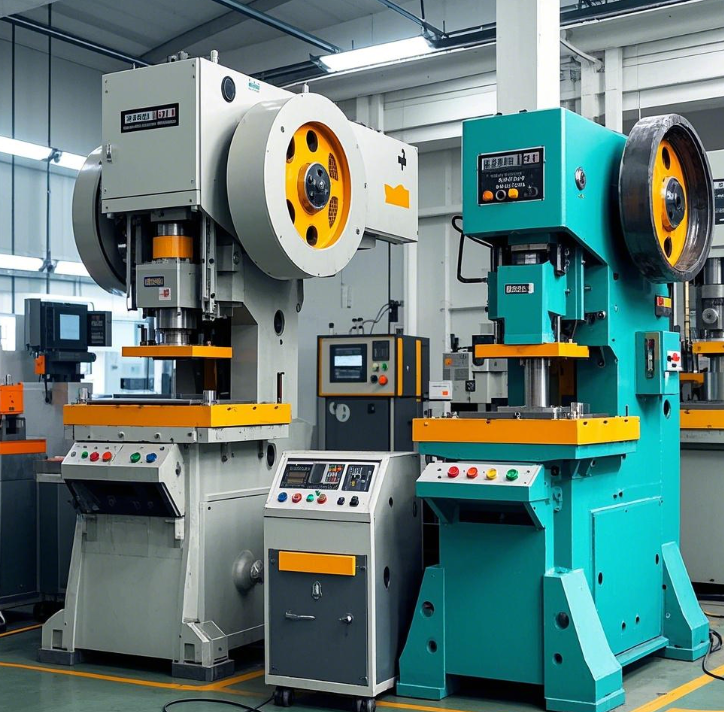
Servo presses and traditional presses (such as mechanical and hydraulic presses) are the two most common types of stamping equipment on the market. Each has unique features and advantages. This article will compare servo presses with traditional presses to help businesses make an informed decision.
2. Key Differences Between Servo Presses and Traditional Presses
Drive Mechanism: Servo presses use servo motors, while traditional presses use mechanical transmissions or hydraulic systems. Servo presses offer more precise and flexible control.
Energy Consumption: Servo presses are more energy-efficient, thanks to precise motor control, reducing operating costs compared to traditional hydraulic presses and mechanical presses.
Maintenance and Operation: Servo presses require less maintenance due to their simplified design, whereas traditional presses are more complex and need more frequent service.
3. Advantages of Servo Presses
Energy Efficiency: Servo presses optimize motor usage, significantly reducing energy consumption and contributing to sustainability.
Production Speed and Flexibility: Servo presses can adjust speed and force according to production needs, improving efficiency in different production runs.
Precision and Stability: The precise control of the servo motor ensures high accuracy in stamping, which is essential for complex and intricate parts.
4. Pain Points: Challenges with Traditional Presses
High Energy Consumption: Traditional presses consume more energy, making them less suitable for businesses aiming to lower energy costs.
Lack of Flexibility: Traditional presses have fixed stamping speeds, which can limit their ability to meet the demands of diverse production processes.
5. Conclusion
Servo presses are increasingly replacing traditional presses due to their energy efficiency, precision, and flexibility. Businesses seeking to improve production efficiency and product quality should consider making the switch to servo presses, especially if they are engaged in high-precision or small-batch production.




